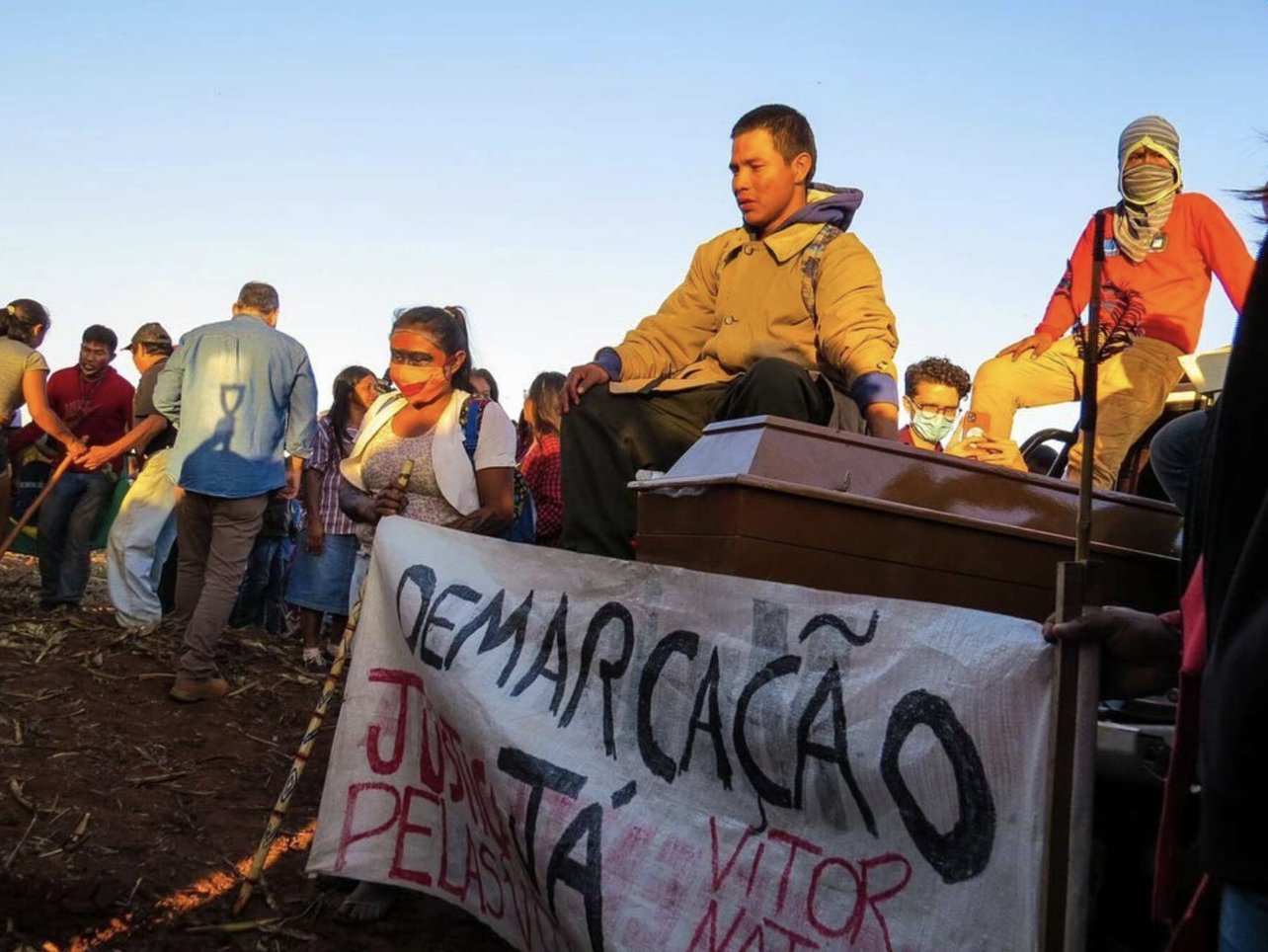
Brazil’s Congress has pushed through a new law containing a series of extreme anti-Indigenous measures, overriding most of President Lula’s previous vetoes of the law’s more extreme elements.
The measures that will now pass into law constitute “the most serious and vicious attack on Indigenous rights in decades,” according to Survival International.
The Congress is dominated by agribusiness and mining interests and wealthy landowners allied to former President Bolsonaro, despite his defeat by President Lula a year ago.
Under the new law, loggers, ranchers and others who have illegally invaded Indigenous territories will be allowed to remain there destroying the forest, until the lands are fully demarcated – a process that usually takes decades.
And many Indigenous peoples might never be able to recover their land as the law also upholds the Time Limit Trick – a pro-business ruse which states that Indigenous peoples who can’t prove they were on their land when the Constitution was enacted in October 1988 will never have their rights recognized – even though Brazil’s Supreme Court recently rejected it. The Association of Indigenous Peoples of Brazil, APIB, has announced that it will take this back to the Supreme Court.
Caroline Pearce, Director of Survival International, said today: “This law rips up many of the legal protections on Indigenous land that are guaranteed in the Constitution, and throws them in the trash. It gives the big businesses and criminal gangs behind much of Brazil’s logging and mining even more freedom to invade Indigenous territories and do what they like there. It spells doom for much of the Amazon and all of Brazil’s forests.
“It’s absolutely disastrous for Brazil’s uncontacted tribes – already among the most vulnerable peoples on the planet when their lands are invaded – and for all the country’s Indigenous peoples. They will resist it with the same determination they displayed during Bolsonaro’s genocidal regime. Their allies around the world like Survival will continue to stand shoulder to shoulder with them, because to allow this to pass unchallenged would undo decades of gradual progress in the recognition of Indigenous rights.”
